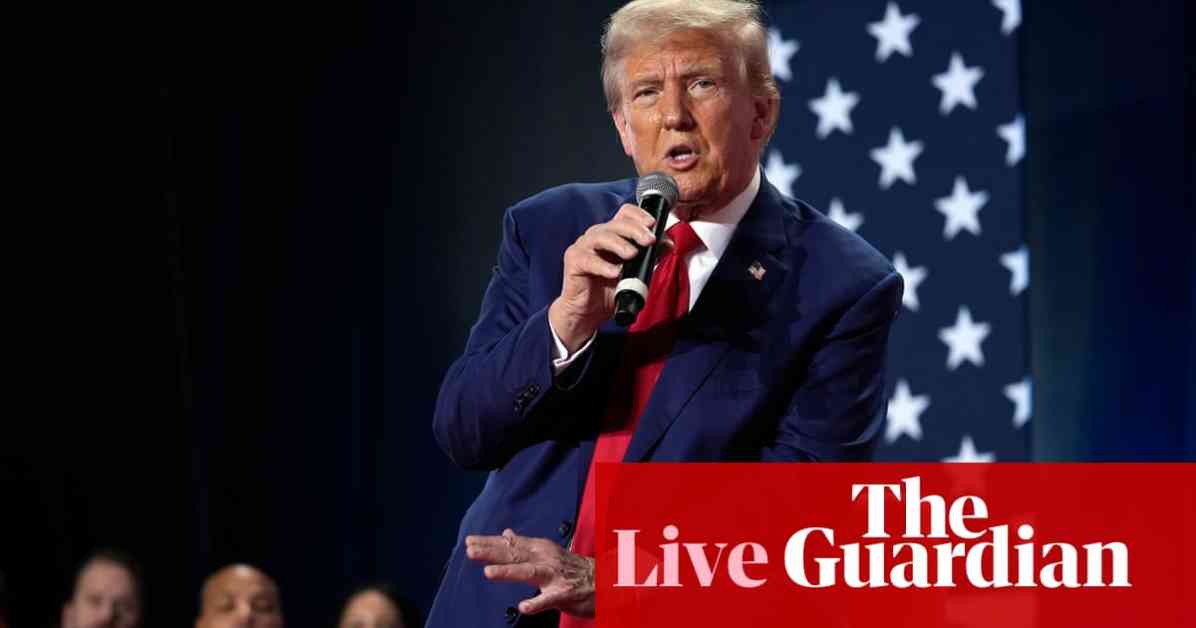Kamala Harris recently campaigned in Michigan, emphasizing her support from organized labor and her commitment to protecting and promoting “good union jobs.” In Detroit, Harris criticized Trump as a “union buster” while highlighting the benefits of collective bargaining for workers. Later in Flint, basketball legend Magic Johnson appeared to endorse Harris and encouraged Black men to vote for her.
On the other hand, Donald Trump held campaign events in Georgia, appearing with Governor Brian Kemp, a Republican who has faced Trump’s criticism for refusing to overturn the state’s 2020 election results in Trump’s favor. Trump also visited Fayetteville, North Carolina, a city with a significant military presence.
Polls indicate that the race in North Carolina is becoming increasingly competitive, causing concern among Trump supporters given his previous victories in the state. Despite Trump’s minimal ad spending in North Carolina compared to other battleground states, he has been actively campaigning there, holding numerous events to rally his supporters.
During a town hall in Fayetteville, Trump addressed various issues raised by the audience, including changing the name of the army base back to “Fort Bragg,” homelessness among veterans, and criticism of the military’s diversity and inclusion programs. Trump also declined to sit on a chair on stage, jokingly calling it a “booby-trap” set by Kamala Harris.
As the election approaches, both candidates continue to focus on key battleground states and address pressing national concerns. The unexpected strength of the September jobs report, with over 250,000 jobs added, has defied fears of an economic slowdown. However, tensions between the candidates persist, with Trump accusing the Biden administration of inadequate support for Hurricane Helene victims and Harris emphasizing the importance of union jobs and workers’ rights.
The race for the presidency remains tight, with both candidates ramping up their campaign efforts and engaging with voters on critical issues. The contrasting approaches of Trump and Harris reflect their distinct policy priorities and visions for the country. As the election draws near, the outcome remains uncertain, with both candidates vying for support in key swing states like North Carolina and Michigan.












